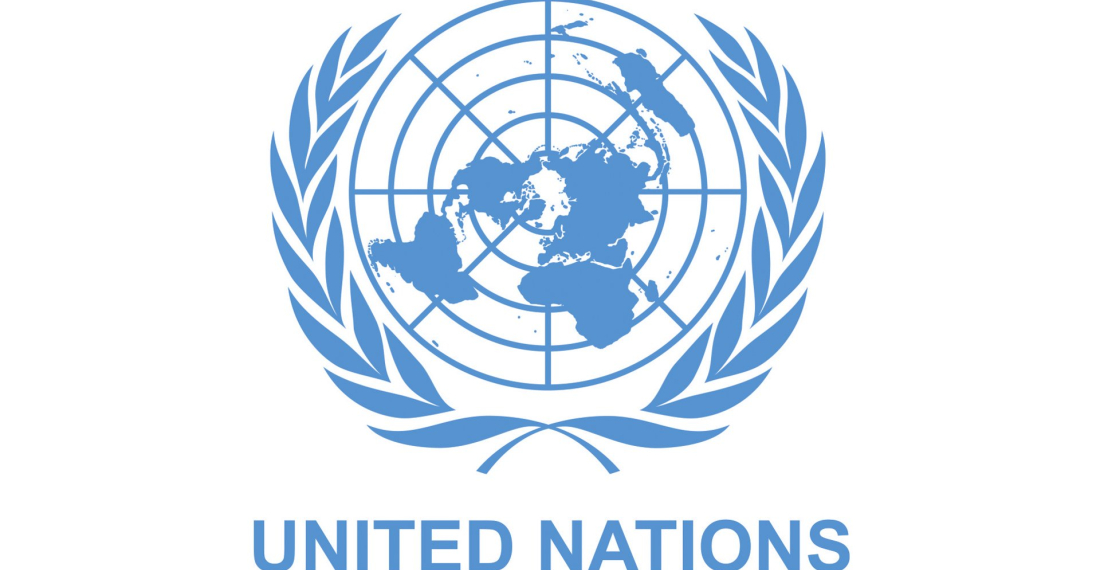A United Nations mission has arrived in Karabakh, the first visit in thirty years. This is the first international mission to visit Karabakh since the 19 September Azerbaijani military operation and the capitulation of the Armenian forces. In the last week a hundred thousand Armenians - nearly all the population of the territory - has departed for Armenia.
The United Nations Mission, headed by the UN Resident Co-ordinator in Baku, and including representatives of various UN agencies passed through Aghdam in the morning and moved in the direction of Askeran-Khankendi travelling in four unmarked vehicles.
The purpose of the mission is to familiarize with the situation on the ground and to determine the humanitarian needs of the residents.
Announcing the mission last Friday in New York, UN spokesman Stephane Dujarric said the mission will be led by a senior official of the UN Office for the Coordination of Humanitarian Affairs, Ramesh Rajasingam, and the UN Resident Coordinator in Azerbaijan, Vladanka Andreeva. The mission will also include an OSHA (Occupational Safety and Health Administration) technical team and representatives from UN agencies.
Dujarric said “the mission will enter the region from the territories of Azerbaijan. The team will try to assess the situation on the ground and determine the humanitarian needs of people on both sides. The UN has not been to the region for 30 years ", and such a visit will be organized for the first time. The mission will operate in the region for at least 10 days."






